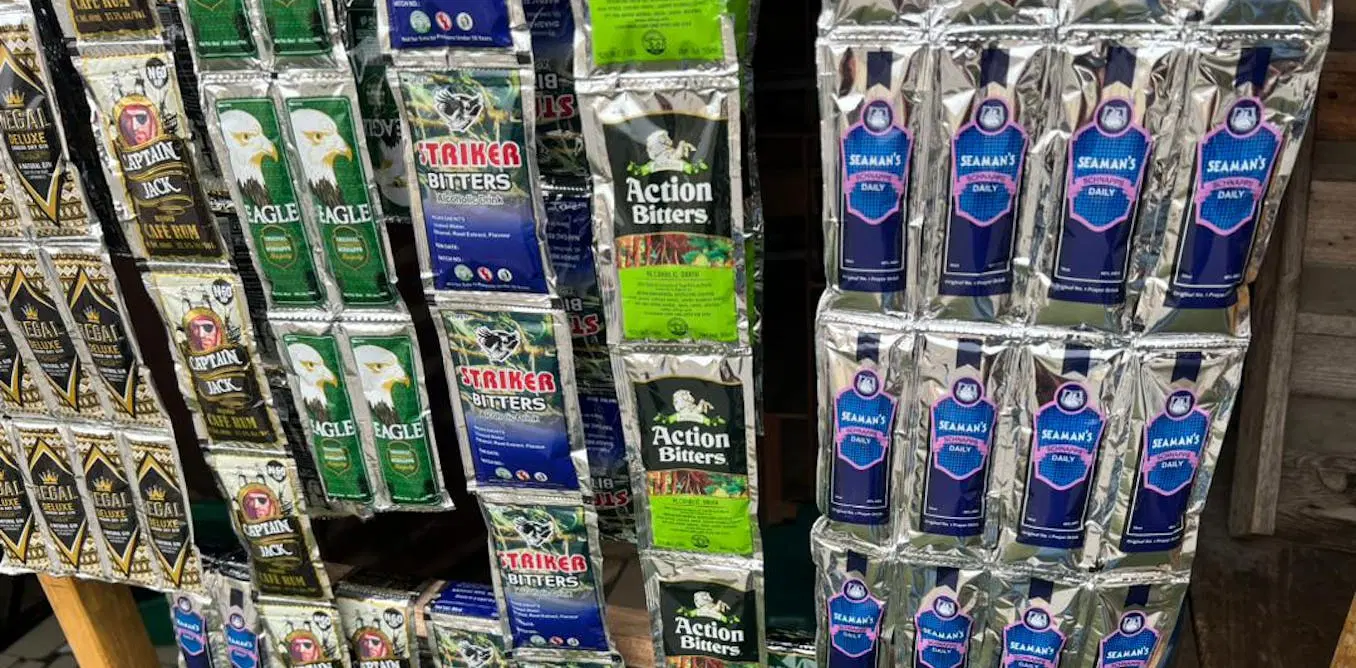Nigerian oil margins per barrel increased slightly in London trade on Monday, continuing the upward path that began last week when prices soared by almost 4% with supply anticipated to contract amid the Russia-Ukraine war.
In the report, the May delivery of Brent crude oil futures surged by 40 basis points to $85.66 a barrel. The April contract for U.S. West Texas Intermediate was up 0.5 percent at $85.74 per barrel on trade, according to nairametrics.
The government can only share $37 per barrel of crude oil with oil companies since it sold at roughly those prices on the global market.
The capital and operating costs related to the production of Nigeria’s oil have been continuously increasing, reaching previously unimaginable heights of over $48 a barrel.
Nigeria has one of the greatest costs of oil production in the world when compared to $9 in Saudi Arabia, $21 in Norway, or $24 for US shale oil.
Nigeria’s oil production reached its highest level in more than three years, despite the country’s widespread problems with theft and sabotage, thanks to a concerted effort to combat targeted attacks and organised theft rings.
A detailed analysis of the murky and intricate trade in stolen Nigerian oil, valued at $3 billion to $8 billion annually, by Chatham House
However, In the second half of 2022, Africa’s largest oil producer reached a decade low, with production falling to below 1 million barrels per day and then rising back up to 1.476 million bpd in February 2024 according to OPEC data.
Nigeria continues to be below the production quota set out in the OPEC Plus Agreement. In its budget for the year 2024, Nigeria is proposing a crude oil production of 1.78 million barrels per day while OPEC’s projections put it at 1.5 million bpd.
Oil theft and pipeline vandalism have long been an issue in Nigeria’s oil and gas industry, which has forced major producers out of the country as well as often caused force majeure on its main export terminals for petroleum products. By about a million barrels a day, Nigeria produces a little less oil than it can.
NNPC Limited, the State Oil Company of Nigeria, has so far destroyed more than 6,000 illegal refineries that process stolen crude oil.
As part of an aggressive and more efficient strategy to combat pipeline theft and sabotage, the Federal Government also, hired private security firms to support military efforts in protecting installations.
Despite a decline on Friday, both benchmark oil contracts posted gains for the previous week. For most of the past month, oil prices have been rangebound, but on Thursday, the International Energy Agency released a bullish demand report that caused prices to rise to their highest point since November.










